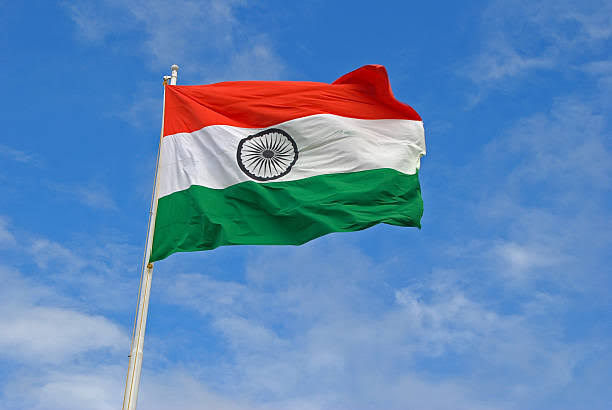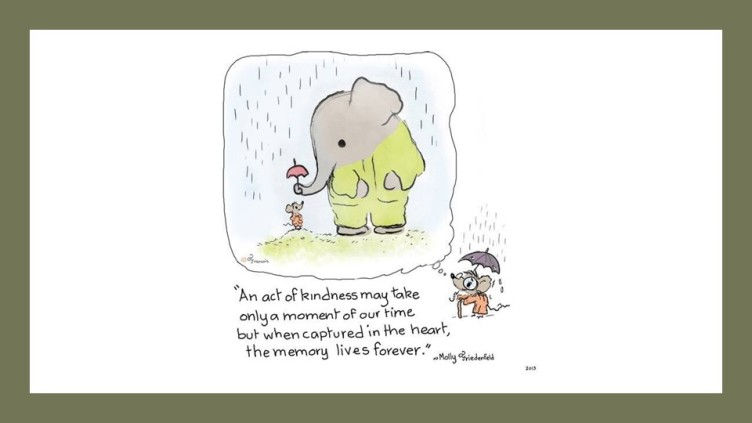Resilience in Geopolitics - India’s Stand Against Neo-Colonialism
- Aditi Patwardhan
- Aug 7
- 3 min read

Who would have thought that the same Donald Trump, once celebrated by many as a friend of India and the 'free world', would emerge as one of its most vocal adversaries? After his inauguration, optimism was in the air. His unabashed pro-capitalist stance seemed promising for reshaping trade dynamics between the world’s largest democracies. I, too, was caught in that wave of hope, believing that Trump’s America and Modi’s India might usher in an era of robust partnership and mutual growth.
But we all had a reality check soon enough, and how!
Trump often boasted about his first-term legacy of "not starting new wars," yet under his watch, new fissures appeared across the global geopolitical landscape - clashes and tensions with Russia, India, China, Brazil, and even the European Union! Surprised? Not really.
The rise of BRICS as an economic powerhouse didn’t sit well with him. His policies, often blunt and confrontational, exposed a bigger frustration with a multipolar world challenging US hegemony.
Hence began a series of slapping tariffs on all and sundry. But, amidst this turbulence, India’s story is one of resilience.
India’s defiance is not just political rhetoric; it’s a living, breathing testament to the nation’s centuries-old spirit. The country is standing its ground against the subtle and not-so-subtle pressures of neo-colonialism. While the US pushes hard on trade fronts, especially in sensitive sectors like agriculture and dairy, India remains steadfast in protecting its cultural and economic fabric.
Take the agricultural front, for instance. The American agribusiness model, heavily reliant on cattle fed meat-based diets, clashed deeply with India's cultural sensibilities - where cows are revered and predominantly vegetarian diets prevail. Luckily for us, Modi understood this at the core. India's protectionism in agriculture is not merely an economic safeguard but a cultural assertion.
“India will never compromise on the interests of farmers, fishermen and dairy farmers. I know I will have to pay a heavy personal price for it, but I am ready for it,” - PM Modi.
This was a declaration of solid intent.
Recently, economist Jeffrey Sachs brought this underlying geopolitical tension into sharp focus when he warned, “If India becomes truly successful, the United States will try to weaken it, just like it did with Russia and now does with China.” He pinpointed the US’s insecurity about a rising India; a reaction rooted not in ideology, but in the desire to maintain global dominance and eventually a unipolar world order. He cautioned India against being drawn into American geopolitical rivalries, urging it to maintain strategic autonomy and balanced relations with global powers. “Don’t play the American game. India is too big for a US game,” Sachs reiterated.
Such resilience reflects a broader pattern in India’s geopolitical posture - not bending under external pressures, even when faced with the economic might and strategic muscle of Washington. It’s a narrative of self-reliance and strategic autonomy, where India refuses to be a junior partner in any arrangement that feels exploitative or culturally insensitive.
In the grand scheme of global politics, Trump’s confrontational tactics and the rise of anti-globalist sentiments in the US as well have rattled many nations. Yet India's enduring spirit is a reminder that resilience in geopolitics is rooted not just in power plays but in the unwavering defence of identity, values, and sovereignty.
As India navigates this complex era, it sends a powerful message: true strength is not in mimicking hegemonic patterns but in standing firm, adapting, and protecting what defines a nation. The story is far from over, but India's resilience sets a compelling example of how a country can protect itself not just from open conflict, but from the more insidious pressures of neo-colonial designs.
Thank you for your attention to this matter! 😉







Comments